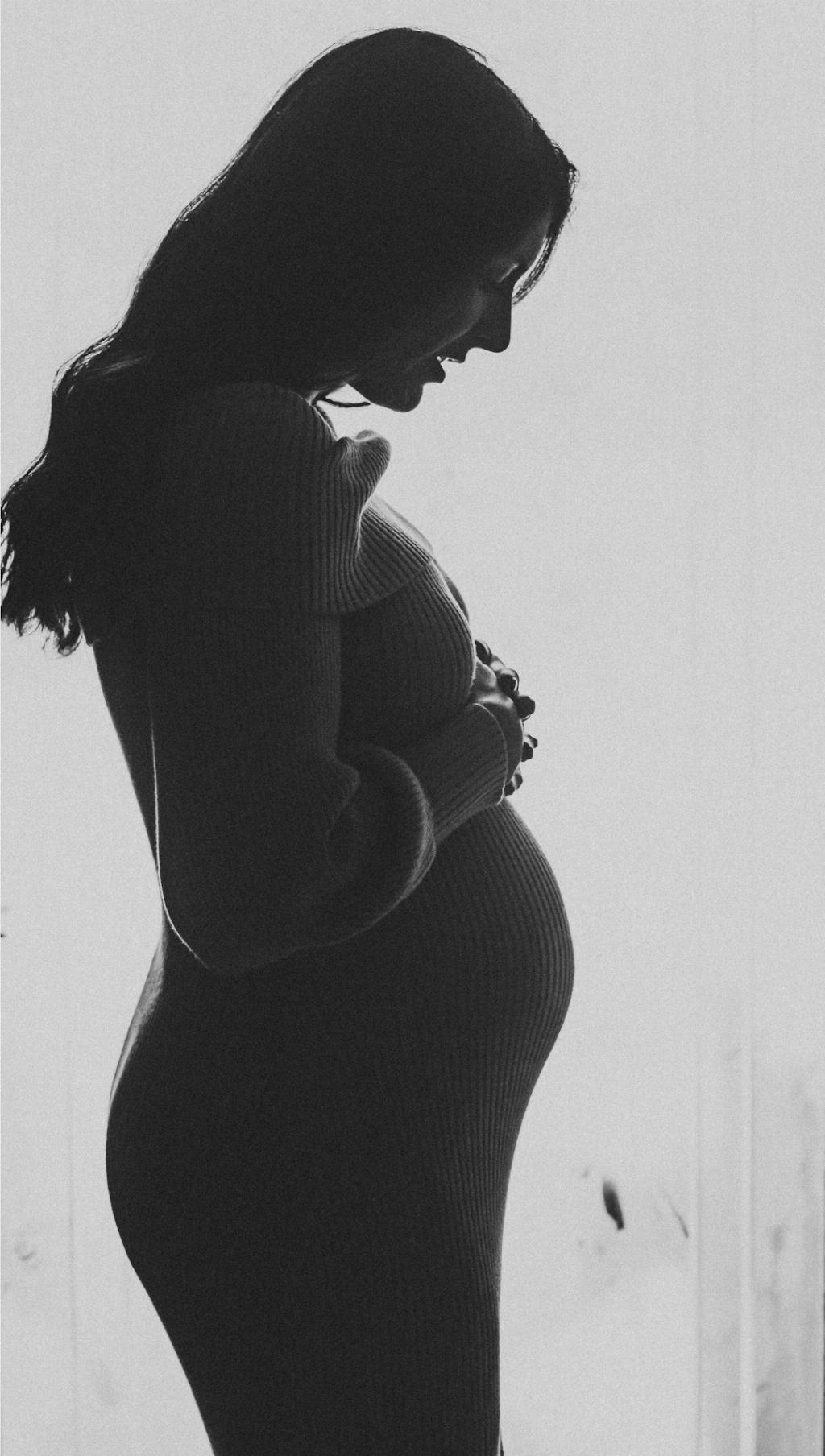At 4 weeks pregnant, you may start noticing changes in your body that are associated with the early stages of pregnancy. One common concern that many expectant mothers have is difficulty breathing. While it might seem alarming, experiencing difficulty breathing at this stage is actually quite normal and is often attributed to the physiological changes that occur in the body during pregnancy.
The Role of Progesterone in Breathing Changes
One key player in the changes you may experience in your breathing patterns is the hormone progesterone. During pregnancy, progesterone levels rise significantly to help support the growing fetus and maintain a healthy pregnancy. However, this hormone can also impact your respiratory system, leading to changes in the way you breathe.
Increased Oxygen Needs
As your body works hard to support the developing embryo, your oxygen demand also increases. This means that your body needs to take in more oxygen to meet the metabolic needs of both you and your baby. The increased need for oxygen can result in a sensation of breathing difficulty, especially during physical exertion or when lying down.
Changes in Lung Function
Progesterone can affect the function of your respiratory system by acting as a respiratory stimulant, causing you to take deeper breaths. While this can lead to a feeling of breathing more heavily or working harder to breathe, it is a normal response to the hormonal changes occurring in your body. These changes are necessary to support the increased oxygen requirement of your body during pregnancy.
Other Factors Contributing to Breathing Changes
Aside from hormonal fluctuations, other factors such as an expanding uterus can also impact your breathing. As your uterus grows to accommodate the growing fetus, it pushes against your diaphragm, the muscle that plays a significant role in the breathing process. This pressure can make it feel like you are struggling to breathe normally, especially as your pregnancy progresses.
Managing Breathing Difficulties
If you are experiencing significant difficulty breathing or if it is accompanied by other concerning symptoms such as chest pain or dizziness, it is important to consult with your healthcare provider. They can assess your condition and provide guidance on how to manage your symptoms effectively.
Practicing Good Posture
One way to alleviate some of the breathing difficulties associated with early pregnancy is to maintain good posture. Sitting and standing up straight can help create more space for your lungs to expand, making breathing a bit easier. Avoiding slouching or hunching over can also improve your breathing capacity.
Staying Active
Engaging in light physical activity such as walking or prenatal yoga can also help improve your breathing and overall wellbeing during pregnancy. These exercises can enhance your lung capacity and promote better oxygen circulation in your body, reducing the sensation of shortness of breath.
Deep Breathing Techniques
Practicing deep breathing exercises can be beneficial in managing breathing difficulties during pregnancy. Taking slow, deep breaths can help relax your respiratory muscles and increase oxygen flow to your body. Incorporating breathing techniques into your daily routine can promote relaxation and support healthy lung function.
Conclusion
In conclusion, experiencing difficulty breathing at 4 weeks pregnant is a common occurrence for many expectant mothers and is often a result of hormonal changes and the physical adaptations taking place in the body to support a healthy pregnancy. While breathing difficulties can be concerning, understanding the underlying factors contributing to these changes can help alleviate anxiety and promote a positive pregnancy experience.

